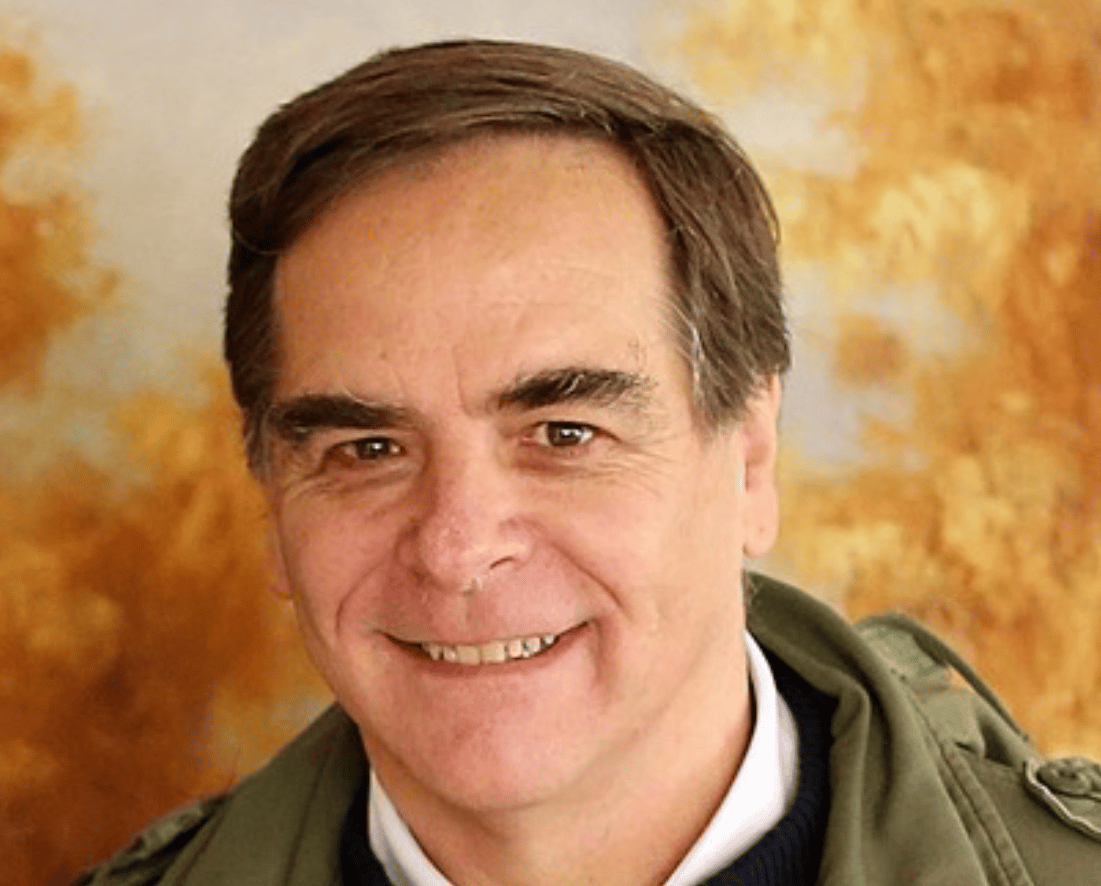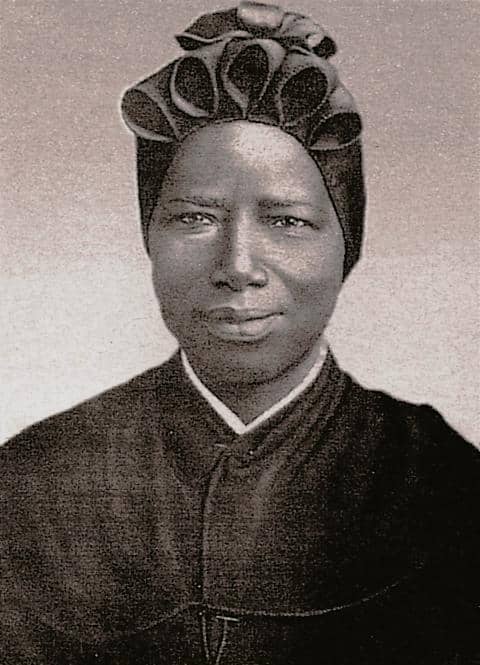ROME — In the wake of ISIS-inspired terrorist attacks in Paris over the weekend, the Vatican’s top diplomat has supported military intervention to disarm “an unjust aggressor” and also acknowledged that the Vatican itself could be a target “because of its religious significance.”
Italian Cardinal Pietro Parolin, the Vatican’s secretary of state, made the comments in an interview with the French Catholic newspaper La Croix published on Sunday.
The Catholic Church subscribes to a just war doctrine that holds that military action is justified only when the damage inflicted by the aggressor is lasting, grave, and certain; there is no other way to end the conflict; it is likely to succeed, and the use of arms does not “produce evils and disorders graver than the evil to be eliminated.”
Parolin was asked about comments by Pope Francis in August 2014, when the pontiff said it’s “licit” to use force to stop an unjust aggressor. Parolin said that position remains valid, because “blind violence is intolerable, whatever its origin may be.”
“The pope cited the Catechism of the Catholic Church, which says, ‘The defense of the common good requires that an unjust aggressor be rendered unable to cause harm,’” Parolin said.
He continued the quote: “For this reason, those who legitimately hold authority also have the right to use arms to repel aggressors against the civil community entrusted to their responsibility,” Parolin said.
The Catechism, approved by St. John Paul II in 1992, sums up the teaching of the Catholic Church.
Parolin said Church teaching recognizes the right of a state “to protect its citizens and repel terrorists,” but said it’s important that any such military action enjoy international support.
“It is understandable that after the attacks there are feelings of revenge, but we must fight against this urge,” he said.
Parolin also indicated that the Vatican will not back any specific plan for action against ISIS.
“Our role is to remember these conditions, not to specify means to stop the aggressor,” he said.
Parolin argued for a broad global mobilization in the fight against terrorist violence.
There’s a need of “a general mobilization of France, of Europe, and of the whole world” to eradicate terrorism, involving security agencies, police forces, and religious leaders “to root out this evil,” he said.
Parolin said this response should also involve spiritual resources, one “that passes through education to the refutation of hatred, giving responses to young people who leave for jihad.”
Without a political and religious alliance at an international level, Parolin said, “this difficult battle won’t be won.”
“It’s necessary to involve the Muslim community,” he said. “They must be part of the solution.”
Parolin said he believes the Holy Year of Mercy, called by Pope Francis to begin Dec. 8, is an opportunity to provide an “offensive of mercy” in a world torn by violence.
He also candidly conceded that the Vatican itself could be at risk.
“The Vatican could be a target because of its religious significance,” Parolin said when asked about the possibility of Francis changing his calendar as a result of the attacks.
“We can augment the level of security measures in the Vatican and its surroundings, but they cannot paralyze us with fear,” he said.
On the question of military force against Islamic-inspired terrorism, the Vatican has been offering a cautious yellow light for some time.
Last March, for instance, the Vatican’s top diplomat at the United Nations in Geneva called for a coordinated international force to stop the “so-called Islamic State” in Syria and Iraq from further assaults on Christians and other minority groups.
“We have to stop this kind of genocide,” said Italian Archbishop Silvano Tomasi, the Vatican’s representative in Geneva. “Otherwise we’ll be crying out in the future about why we didn’t so something, why we allowed such a terrible tragedy to happen.”
That position reflects the sentiment of local Catholic bishops in the Middle East.
In a Crux interview last month, for instance, Patriarch Louis Sako of Iraq called on the United States to commit ground forces to an anti-ISIS offensive as part of a broad international coalition.
On Monday evening in Rome, as he was participating in a workshop on mercy, Parolin talked about the pope’s upcoming visit to Africa, hinting that the pontiff’s security team will decide at the last minute whether to change his Africa itinerary amid continued unrest in the Central African Republic.
Francis is due to visit Kenya, Uganda and the Central African Republic Nov. 25-30.
“The three stops remain, but we’ll see depending on the situation on the ground,” Parolin said.
Even with more than 11,000 United Nations troops and police in the Central African Republic, protecting the pope will be a major security challenge as violence between Christians and Muslims continues in the capital, Bangui, and elsewhere ahead of December elections.
Material from the Associated Press was used in this report.












